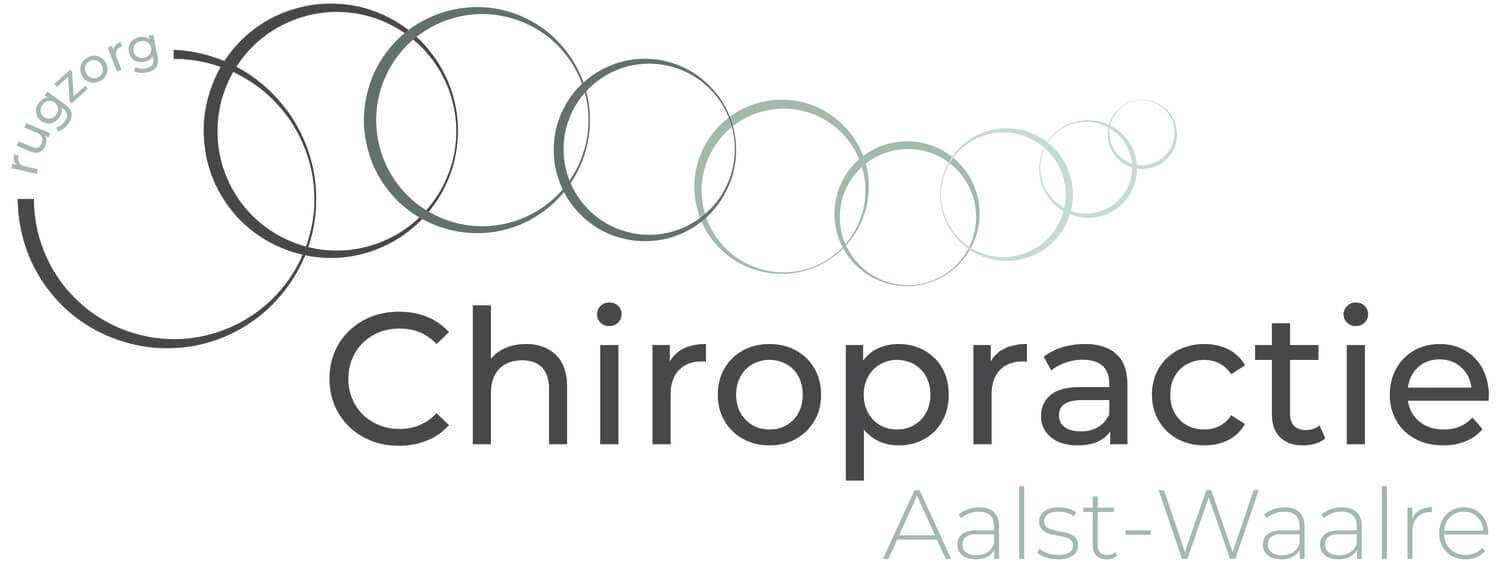
Mid- and Upper Back Pain
Restoring Mobility, Posture, and Function with Chiropractic Care
Complaints in the mid-back or chest region are extremely common. These issues may arise after trauma, overuse, poor posture, or even frequent coughing or sneezing. The mid-back (thoracic spine) consists of 12 vertebrae, each connected to a pair of ribs, forming numerous small joints with both the spine and the sternum. It’s not surprising that dysfunction in this area can lead to pain and restricted movement.
Thoracic spine dysfunction can cause:
Pain or tightness in the mid-back
Muscle spasms or stiffness
Discomfort in the chest or front of the body
Referred pain that can mimic cardiac symptoms
Why Upper Back Mobility Matters
Flexibility and mobility in the upper back are crucial for maintaining proper posture — both during everyday activities and sports. For example, if the upper back cannot fully extend during a deadlift, the strain shifts to the lower back, which compromises strength transfer and increases the risk of injury.
Chiropractic Diagnosis and Treatment
At Chiropractie Aalst-Waalre, we specialize in detecting joint restrictions or dysfunction in the thoracic spine. Through a detailed examination, we identify the exact segments involved and determine the most effective treatment to restore movement and relieve pain.
Our chiropractic approach focuses on:
Improving joint mobility in the mid- and upper back
Reducing muscle tension and stiffness
Supporting better posture and movement control
Preventing overload in other areas like the lower back or shoulders
If you're experiencing persistent back tension, chest discomfort, or postural fatigue — chiropractic care may offer a safe, drug-free solution to help you move freely again.
Examination
Through a consultation, all symptoms will be carefully mapped out before proceeding to a physical examination. The causes of mid-back pain are highly varied, which is why it is essential to conduct a thorough orthopedic, neurological, and chiropractic assessment in order to tailor the treatment accordingly.

Treatment
Based on the examination, we will determine what the treatment plan for your complaints will look like. In some cases, it may first be necessary to improve the mobility of the back using chiropractic techniques before the back is ready to be strengthened. If needed, part of the treatment plan will be combined with another discipline that offers expertise in a different area — for example, stabilizing exercises for the mid-back.

